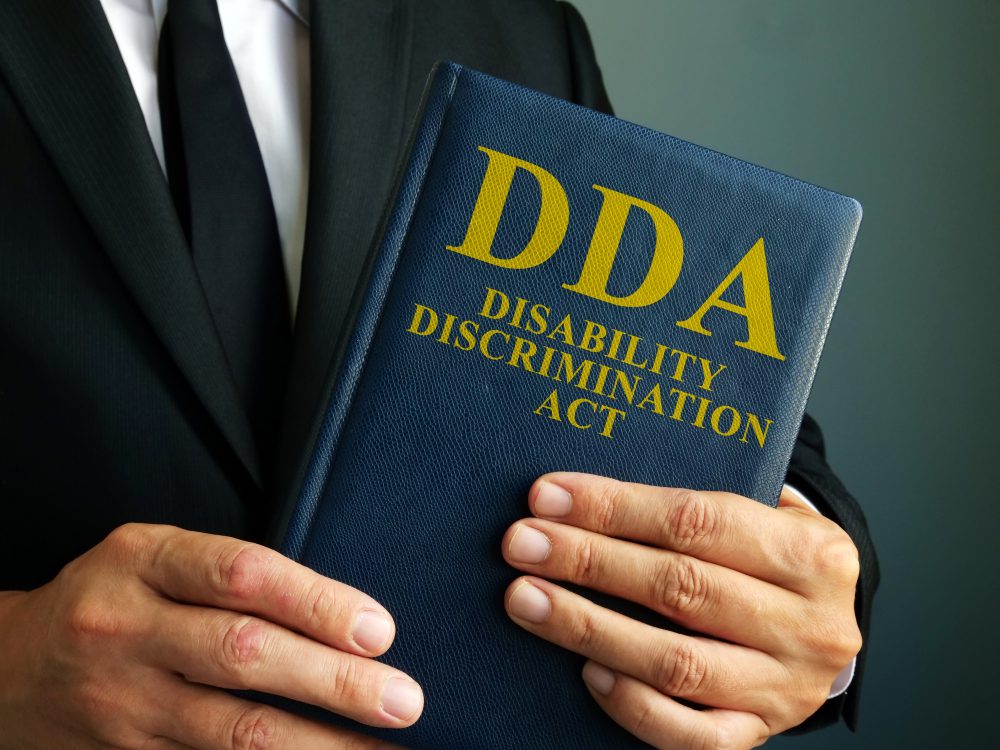What to Do If You Receive a Notice of Proposed Removal

If you’ve received a notice of proposed removal, that’s your notice that your employer intends to terminate you.
As a federal employee, you have certain rights after receiving this type of notice. You might be able to appeal the decision and present your case to an administrative judge. You should know your rights and the process you must go through to respond. Pursuing prompt and adequate action could result in a reduced penalty or rescinded charge.
Understanding Your Rights After Receiving a Notice of Proposed Removal
The federal government can issue two types of notices of proposed removal – one for poor performance and one for misconduct.
An employee who isn’t on a probationary period and receives a notice of proposed removal from employment or major disciplinary action, such as suspension or demotion, has various protective rights under federal law. The agency must meet multiple obligations in a non-probationary case. They must:
- Notify you of your right to choose a representative to help you, such as an attorney, member of the Union, or another employee or non-employee
- Provide written notice of the proposed action
- Allow you the opportunity to respond to the proposed removal
- Inform you of the reasoning for issuing the proposed removal
- Allow you to submit evidence, such as medical documents, to support the claims you make in your response
- Notify you of your right to review the materials or evidence the agency has against you upon request
How Much Time Do I have to Respond to the Notice of Proposed Removal?
Under most circumstances, you have at least seven days to respond to a notice of proposed removal, suspension, or demotion of over fourteen days. The agency must also give you at least 24 hours to respond if the proposed penalty is a suspension of no more than fourteen days.
You can request an extension if you need more time to prepare your response. Your request must be in writing and indicate why you need extra time. Obtaining records from your doctor, gathering evidence, or consulting an attorney are acceptable reasons.
How to Prepare a Response
You can choose from two methods when responding to a notice of proposed removal – oral or written.
If you choose to respond in writing, you can take the time to create a detailed outline of your defense, so it’s clear and doesn’t exclude vital information.
An oral response allows you to present your case before an official in person. When you speak to the official, your tone, demeanor, and words could affect the decision.
You have the option to respond to the notice in writing and orally if that’s what you prefer.
You should include all necessary elements of the case in your response, such as:
- Each charge against you
- An explanation of why the allegations are false or why they’re true but don’t qualify as misconduct under federal law
- An admission of guilt is possible, but you should discuss mitigating circumstances
- Reasons to consider a reduced penalty
The response can also include supporting documentation, such as:
- Statements from witnesses and coworkers
- Medical records
- Additional evidence to argue against the charges or support mitigating circumstances
Factors Considered by a Deciding Official
The deciding official will review the proposal and your defense to determine whether the charges against you should be rescinded or sustained.
If the official decides to sustain one or multiple charges, they will decide whether the mitigating or aggravating factors justify the proposed penalty and whether a proposed major adverse action promotes the efficiency of the service. These factors can include:
- Employee’s disciplinary record
- Consistency of the penalty with any agency’s penalty table
- The nature and severity of the offense and how it relates to the employee’s position, duties, and responsibilities, including whether the offense was inadvertent, intentional, technical, or committed for gain or maliciously
- Employee’s work record, such as performance history and length of service
- Impact of the offense on the employee’s ability to perform their job satisfactorily and the supervisor’s confidence in performance abilities
- Consistency of the penalty with penalties other employees received for the same or similar offenses
- The notoriety of the offense or the impact it has on the agency’s reputation
- The effectiveness and adequacy of alternative sanctions for deterring the conduct in the future
- The clarity the employee had regarding the rules they violated or warnings about the conduct
- The potential for the employee’s rehabilitation
- Mitigating circumstances involved, such as harassment, unusual job tension, provocation, bad faith, or mental impairment
- Employee’s job level and type of employment, including the prominence of the position, fiduciary or supervisory role, and contacts with the public
Contact Us
The employment lawyers at The Vaughn Law Firm have over 16 years of combined experience in the unique practice area of employment law. We represent private sector and federal employees in various legal actions.
If you received a notice of proposed removal in Washington, DC, or Decatur, GA, call us at 877-615-9495 for a free consultation to learn more about your legal options.




